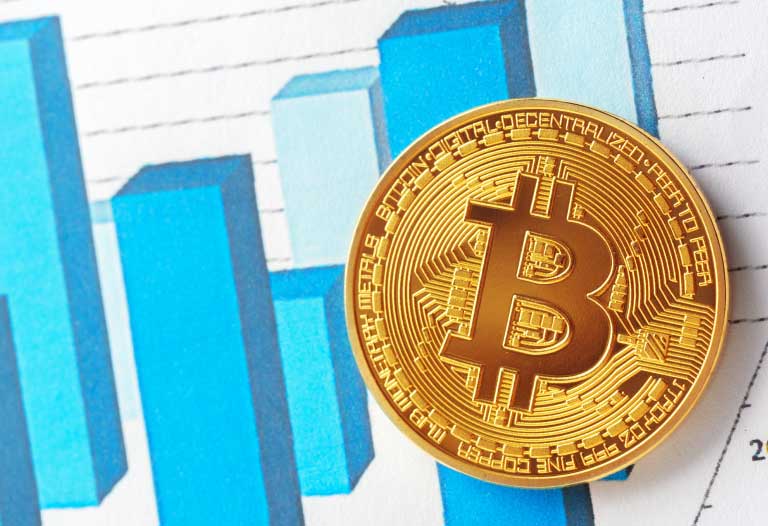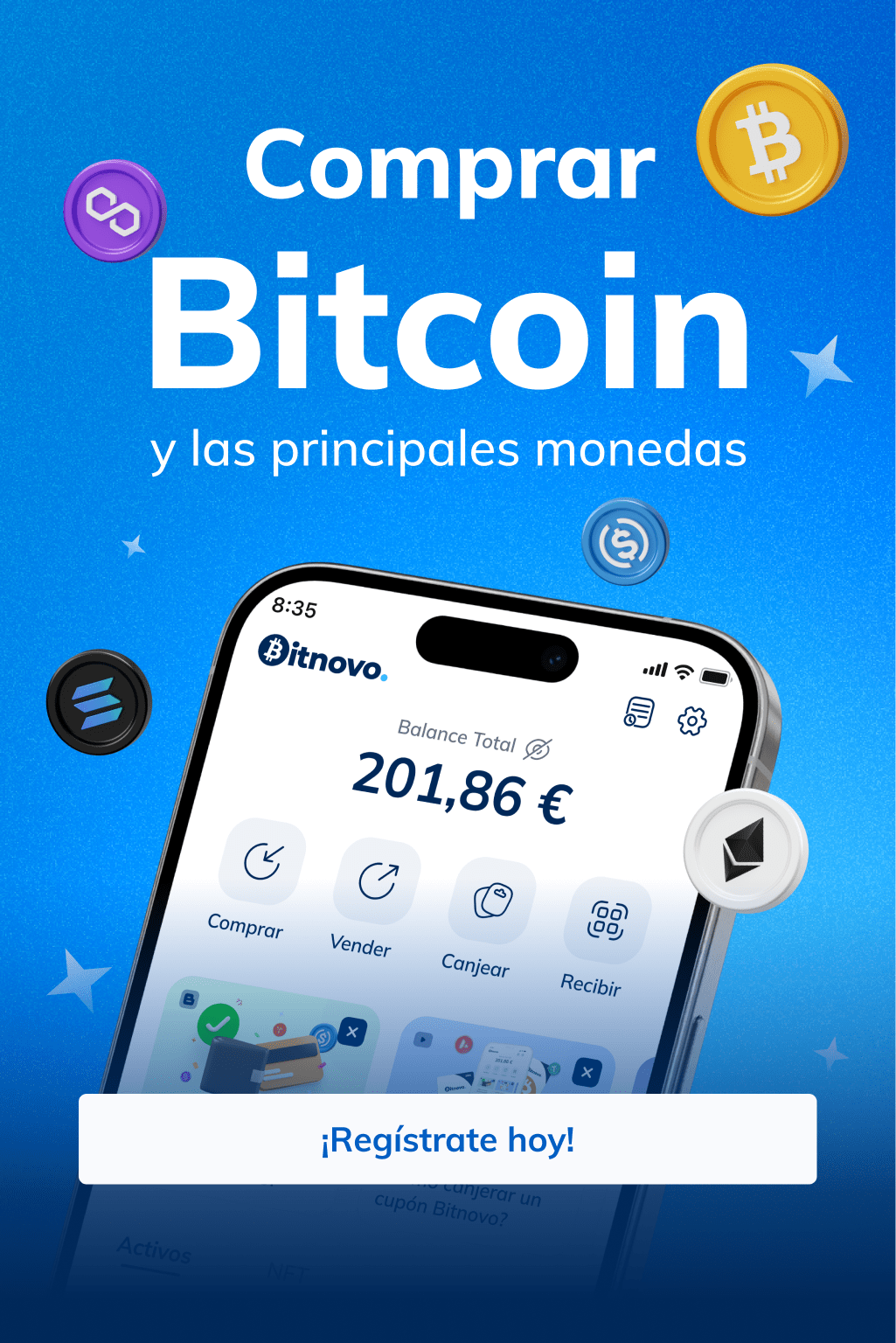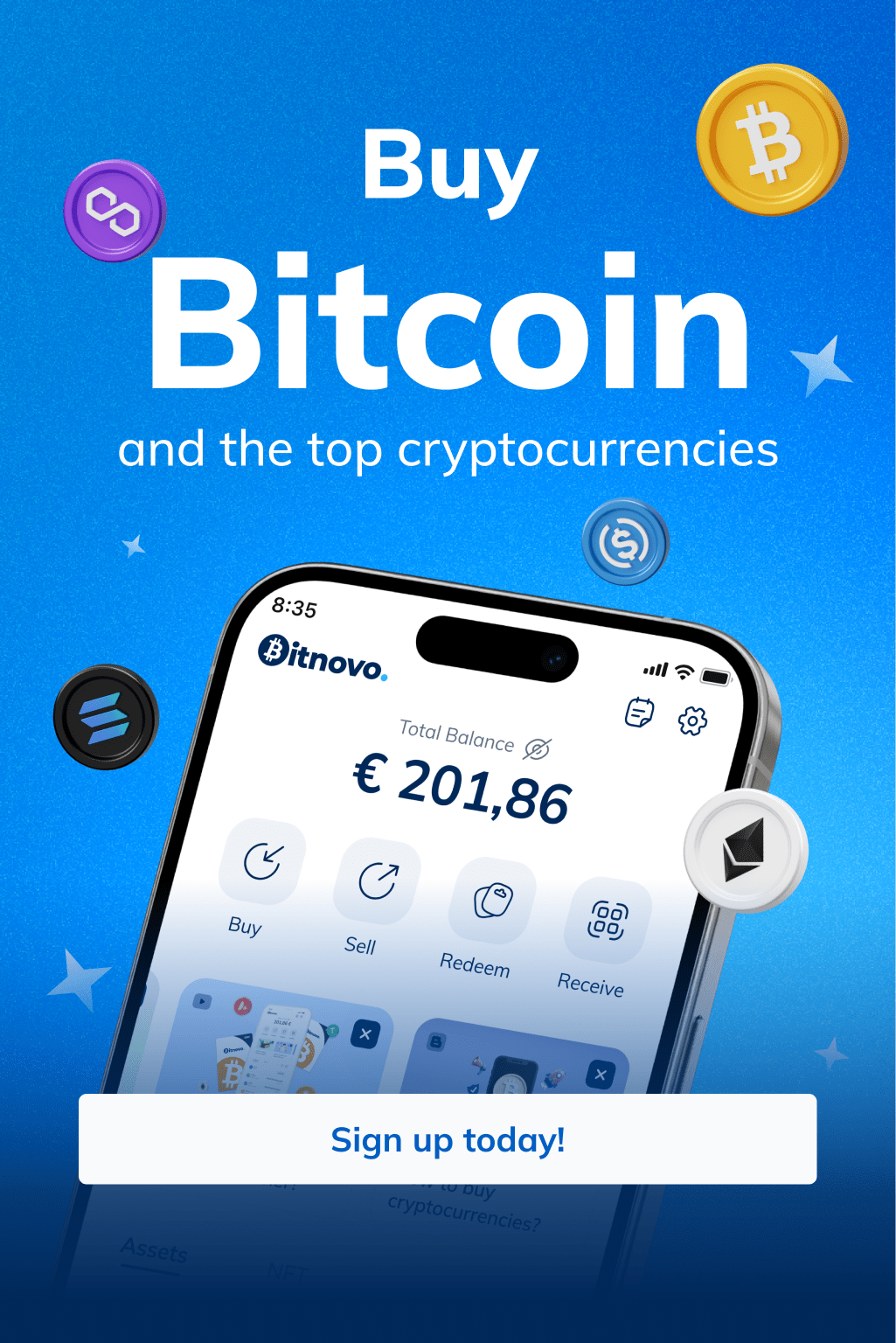
Table of Contents
ToggleThe crypto world is blowing up lately and dude, let’s be honest, you’re more lost than my grandma trying to use Bizum. If you want to really crush it 100% you need to know what futures and options are. I mean, unless you want to stay broke your whole life. Come, let me explain a bit how this works. Don’t worry, no weird jargon or Chinese tales here—straight quality, street-smart way to crush it easily.
I know that if you’re not coming from the trading world, sometimes you feel lost among all those concepts inherited from traditional markets. It’s like entering a cocktail bar where everyone talks in codes, and you can’t even order a beer. Wake up. On this note, today, I feel obligated to use this article to teach you the difference between options contracts and futures contracts. What can I say? Today I woke up generous.
To get your thoughts in order, first be clear: we’re facing two concepts that share a lot of characteristics. That’s why both sound the same to you—or straight up Chinese, lol.
I’ll tell you the peculiarities of each one, but first let’s go with the differences so you stop confusing them.

Defining options contracts and futures contracts
Alright, speaking simply (not that you’re dumb): futures are like making a pact with your buddy to buy him a concert ticket next week at a fixed price, even if the prices skyrocket. More technically, when we talk about a futures contract, we mean a legal agreement to buy or sell an asset at a predetermined price on a specific date in the future.
In futures contracts, if you acquire it, you must buy the underlying asset once the deadline is reached. Like when you tell your friend “I’ll get the next round,” and when it comes, you actually have to pay. There’s no turning back.
Options are a different story. It’s like reserving that concert ticket, but with the choice not to go if you get a better plan. You’d just lose the reservation. Options contracts are essentially the acquisition of a “right” to buy or sell an asset before a specific deadline. Meaning, you have the right but not the obligation.
If you’re the holder of an option, you can sell or buy that asset depending on what you agreed to, but you’re not obligated to, nothing happens if you don’t. But careful, nothing is free here. That cool right not to go is called a premium—and no, not your cousin Lourdes, a premium you pay with money.

Next on the list: financial derivatives and underlying assets. Relax, I won’t give you a quantum physics lecture. Imagine derivatives as betting on a soccer match. Unfortunately, the team isn’t yours, but you bet on their performance. Both contracts (futures and options) fall under the same bag of financial derivatives.
This type of instrument derives its value from another main asset. That main asset is the underlying asset. What do you want me to say, dude? Some things need to be called by their name. A little technical vocabulary won’t hurt your image. In our case, obviously the underlying asset will be a cryptocurrency, not the loose change you’ve got under your mattress.
Lots of people do this. Just so you get an idea, and sit down first: according to the Bank for International Settlements, the notional value of the OTC derivatives market hit $632 trillion by mid-2022. I get dizzy just thinking about it.
How do options contracts work?
In short: you pay a small amount of money to have the right, but not the obligation, to buy or sell something later. Like reserving popcorn at the cinema and deciding whether you’ll take it or not. Easy.

Let’s make it practical. Imagine you’re a Pro Max trader, and you’re totally sure ETH is going to the moon in a few weeks after the Bad Bunny concert. Instead of betting everything, you play smart. You open a call option (buy) for ETH above the current value. Reminder: this is not free, and you’ll have to pay some money to have that option.
When the date approaches, you have two choices:
- Execute the position (if ETH is above the strike price)
- Don’t execute the position (if it’s not worth it)
Easy, right? It’s like having an ace up your sleeve. If things go well, you execute. If things go bad, you stay quiet and just lose a little. Now let’s go with futures.
How do futures contracts work?
This is different. Here, if you agree, you pay.

Imagine again you’re a super Pro Max trader, and you’re convinced ETH is going up strongly. So what do you do? You subscribe to a futures contract at a set date with a higher price for Ethereum than it is now.
It doesn’t matter the price of Ethereum at expiration. You have to buy the number of ETH units you agreed to in the contract. That’s it. And at the fixed price. No excuses, no wiggle room.
Here’s the cool thing: perpetual futures contracts exist, which are like that toxic relationship with your ex—they have no expiration date. These types of contracts are hot right now because they allow leverage over your initial position. But be careful, leverage is like speeding on a motorcycle: it can take you far quickly, or you can crash on the first turn.
Key differences between futures and options
Let me summarize it clearly: futures are for those who bet everything hard, and options are for those who want maneuverability without getting wrecked completely. In one, you pay guaranteed money, in the other you pay a reservation. Let me break it down more:
- Obligation vs. right: With an option, you buy a right, period. With futures, you buy an obligation. In options, you can choose, in futures what’s signed is signed.
- Settlements: In options, settlement only happens if you decide to exercise. In futures, settlement happens daily like Swiss clockwork. Makes sense because you can’t settle something you might not exercise yet. But you can settle daily adjustments on something guaranteed.
- Margin requirements: In options, the seller covers the guarantees. You already paid your ticket when you bought. In futures, both parties put guarantees since both are fully committed.
- Loss control: Most options expire worthless, but at least losses are limited to the premium you paid. In futures, losses are practically unlimited. Watch out.

Risks associated with futures and options
Heads up, this isn’t an amusement park. You either make a lot of money or end up with nothing. Futures are pure adrenaline, and you might lose the shirt off your back, options are a bit more of controlled posturing.
Futures risks
I’ve already said it, but in case your memory is as limited as the flexibility in futures: FUTURES HAVE NO LOSS LIMIT. It’s like betting your team wins by a landslide and still paying double if they lose. Plus, leverage can exponentially multiply either profits or losses.
Options risks
Here, risk is lighter. At most, you lose the premium you paid, like buying a raffle ticket and not winning anything. But beware: premiums can be expensive. And if you’re clueless, you can lose 100% of your initial investment.
Also, keep your eyes open with volatility. It’s your friend and your enemy. It can make your option worth gold or expire worthless like an expired discount coupon.

Advantages and disadvantages of futures and options
Futures are all or nothing:
Advantages:
- Brutal leverage to maximize profits
- High liquidity (enter and exit whenever you want)
- Lower costs (no premium payment)
- Perfect for hedging strategies
Disadvantages:
- Unlimited risk—you can lose more than you invest
- Daily settlements may catch you at a bad moment (not just when you’re on the toilet)
- Less flexibility, you’re committed until the end
- Options are more flexible—but at a cost:
Advantages:
- Limited risk—you only lose the premium
- Total flexibility as you move only if it suits you
- Ideal for speculating with volatility
Disadvantages:
- Premium can be expensive, especially in volatile markets
- Lower leverage than futures
- You might not strike it big

Futures are cool if you came to play and have the stomach for risk. But remember, you can also be left broke. Options give you flexibility and less stress, but maybe not huge winnings.
The good news is that you always decide if you want to play safe or go full risk. The important thing is always act knowingly, and never with money you can’t afford to lose.
If you’ve made it this far and didn’t scroll TikTok in between, you should now be able to distinguish between futures and options. If not, grab a beer and reread it, maybe it sticks better.

Disclaimer:
This content is purely educational and should not be understood as investment advice. Bitnovo does not provide personalized financial advice. All investments involve risks, so we recommend you get informed and, if necessary, consult a professional financial advisor before making decisions.




